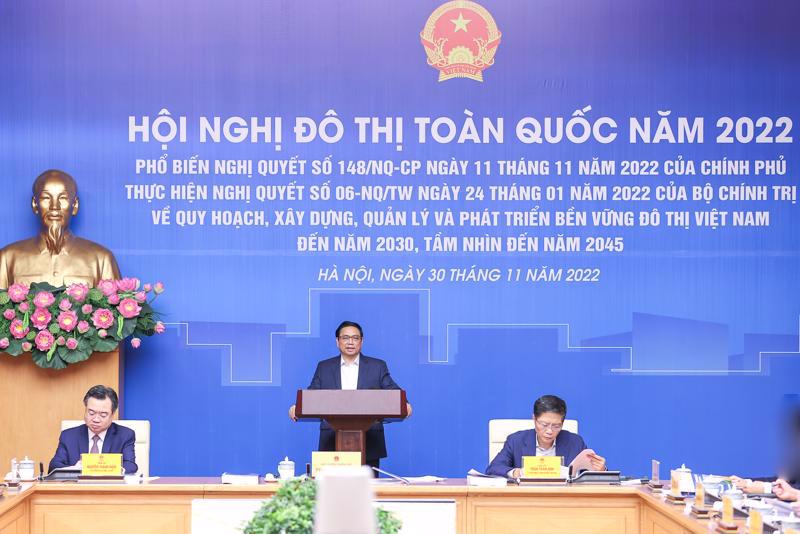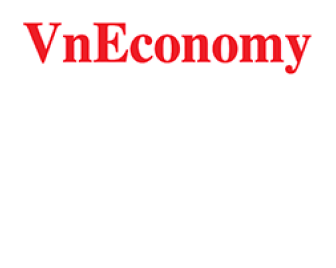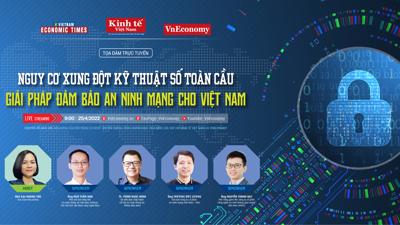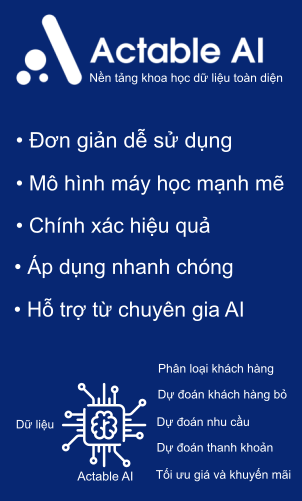PM: Urbanization an inevitable trend globally
Urbanization and urban development have become important drivers of socio-economic development, PM tells recent conference.

Urbanization is considered inevitable around the globe but rapid, unstandardized, or unplanned urban development have negative consequences, Prime Minister Pham Minh Chinh has said.
He made the statement at a national urban conference in Hanoi on November 30 to implement government and Politburo resolutions on expanding urban areas between now and 2030.
The government introduced Resolution No. 148/NQ-CP dated November 11, 2022 on an action program to implement Politburo Resolution No. 06-NQ/TW dated January 24, 2022 on urban planning, building, management, and development by 2030 with a vision to 2045.
“Civilization, creativity, and innovation can all be found in urban areas, as development resources,” the Prime Minister said. “In other words, urbanization is a driving force of socio-economic development.”
“Opportunities are available to a greater extent in urban areas, and it is urban areas that provide us with solutions to tackle challenges such as environmental protection, climate change, and the prevention and control of unseen risks.”
He noted that the planning, construction, and development of urban areas have seen certain achievements in the ten years since the National Urban Area Development master plan was adjusted.
However, he went on, challenges and shortcomings remain, including overloaded infrastructure, especially traffic infrastructure, shortages of social housing, impact and risk from climate changes, especially flooding, and greenhouse gas house emissions. Meanwhile, social infrastructure like healthcare, education, and culture are yet to catch up with economic development.
He also spoke of a number of challenges, such as how to stop urban development putting greater pressure on already-limited land resources and on existing infrastructure and services. How will urban development not hinder opportunities for future generations and how will urban development be sustainable? How can Vietnam create new sources for and improve the quality of urban areas? How can Vietnam establish and develop more sustainable urban models, and develop the green economy, the circular economy, and the digital economy, and enhance the resilience and adaptability to risks?
To that end, he said we need to focus on five groups of solutions:
First, enhance awareness about the characteristics of urban areas, and the role and position of urban areas in general development; and identify the three pillars of urban development: planning, construction, and urban management.
Second, improve the quality of planning and planning management to satisfy requirements for urban construction and urban development management; and to improve capacity in the construction, assessment, and approval of planning.
“Planning must be one step ahead, with breakthrough thinking and strategic vision,” the Prime Minister said. “It may take five, ten, 20, or even a hundred years, but if we do it right, we will have an orderly and developed urban area.”
Third, develop a synchronous and modern infrastructure network through mobilizing all resources.
Fourth, carry out tasks and practical action programs depending on the role and position of relevant bodies or sectors.
“Urban development is not the responsibility of the construction sector,” he explained. “Urban areas are common places for all people and important chains connecting different sectors and areas. Ministries, sectors, and localities will carry out specific and practical action programs on urban area planning, construction, management, and development in order to fulfil the targets of sustainable urban development.”
Fifth, formulate institutions, mechanisms, policies, and legal documents; and look for existing shortcomings and resolve them.



















